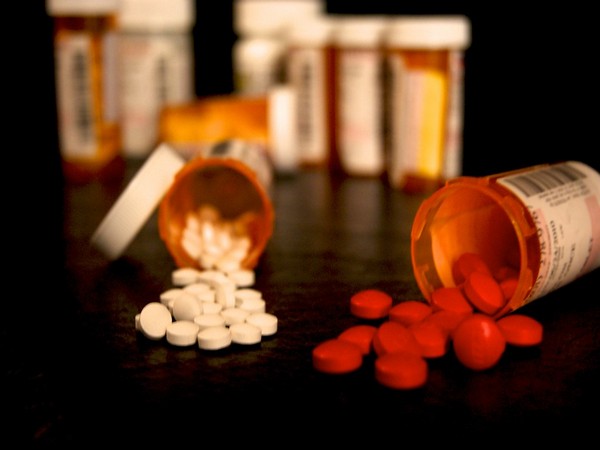Cholesterol medication; Do statins really cause diabetes?
Researchers found that statin users had more than double the risk of diabetes diagnosis compared to those who didn't take the drugs.

A new study found that cholesterol-lowering statins users had more than double the risk of Type 2 diabetes diagnosis compared to those who didn't take the drugs.
The research published in the 'Diabetes/Metabolism Research and Reviews' analyzed health records and other data from patients to provide a real-world picture of how efforts to reduce heart disease may be contributing to another major medical concern, said Victoria Zigmont, who led the study.
Statins are a class of drugs that can lower cholesterol and blood pressure, reducing the risk of heart attack and stroke.
Researchers found that statin users had more than double the risk of diabetes diagnosis compared to those who didn't take the drugs. Those who took the cholesterol-lowering drugs for more than two years had more than three times the risk of diabetes.
"The fact that increased duration of statin use was associated with an increased risk of diabetes -- something we call a dose-dependent relationship -- makes us think that this is likely a causal relationship," Zigmont said.
"That said, statins are very effective in preventing heart attacks and strokes. I would never recommend that people stop taking the statin they've been prescribed based on this study, but it should open up further discussions about diabetes prevention and patient and provider awareness of the issue."
Researchers also found that statin users were 6.5 percent more likely to have a troublingly high HbA1c value, a routine blood test for diabetes that estimates average blood sugar over several months.
The study included 4,683 men and women who did not have diabetes, were candidates for statins based on heart disease risk and had not yet taken the drugs at the start of the study.
About 16 percent of the group -- 755 patients -- was eventually prescribed statins during the study period, which ran from 2011 until 2014. Participants' average age was 46.
Randall Harris, a study co-author and professor of medicine, said that the results suggested that individuals taking statins should be followed closely to detect changes in glucose metabolism and should receive special guidance on diet and exercise for prevention.
Zigmont was careful to take a wide variety of confounding factors into account in an effort to better determine if the statins were likely to have caused diabetes, she said. That included gender, age, ethnicity, education level, cholesterol and triglyceride readings, body mass index, waist circumference and the number of visits to the doctor.
(With inputs from ANI)
- READ MORE ON:
- Type 2 diabetes
- Stroke
- Statin
- Research
- Heart attack
- cholesterol
ALSO READ
Scindia mocks Rahul over statement on poverty; says people will end Cong in one stroke
Kejriwal eating food high in sugar despite type 2 diabetes to make grounds for bail, ED tells court
Kejriwal eating food high in sugar despite type 2 diabetes to make grounds for bail, ED tells court
Irish President Higgins suffered 'mild stroke' in February










